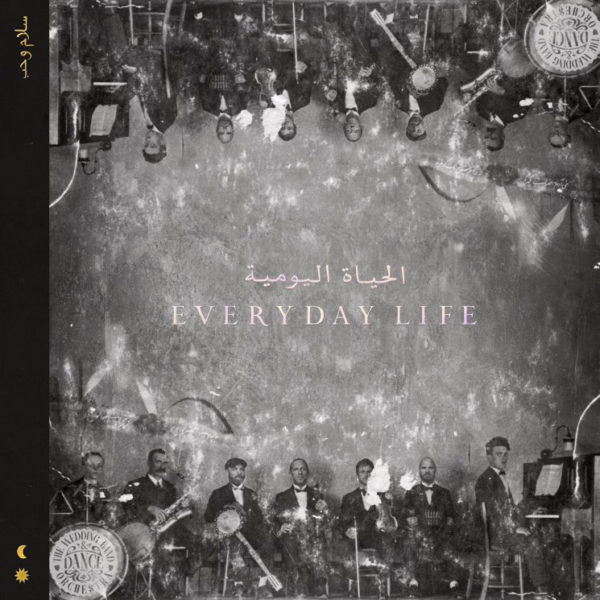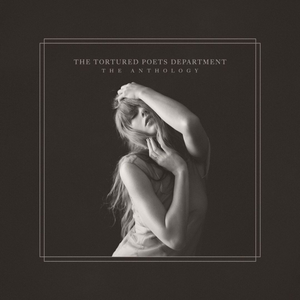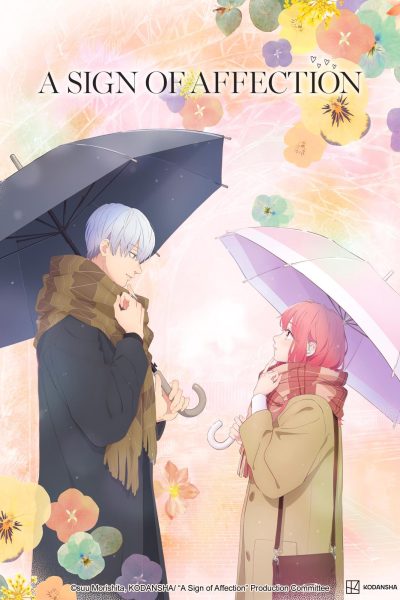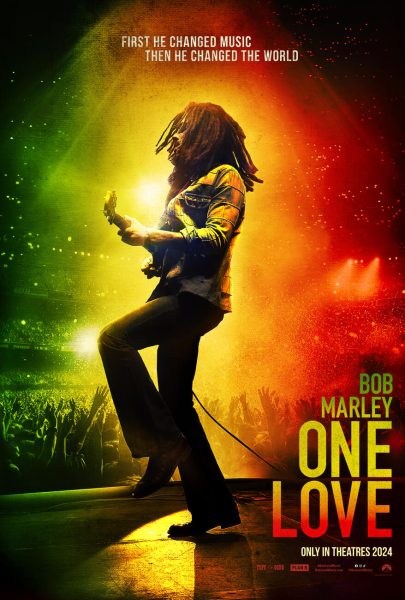Review: ‘Everyday Life’ brings new sound
Coldplay surprises with deep themes, instrumentals

Courtesy of Parlophone.
British rock band Coldplay released its eighth studio album, “Everyday Life,” on Friday, Nov. 22. The album is a double album including 16 tracks divided into two sections: Sunrise and Sunset. The band released the album at the same time it was performed live in Jordan, which provided a unique aspect to the release. The album showcased a variety of instruments with abundantly little lyrics, embracing topics including racism, faith, love and gun control.
The second track of Sunrise, “Church,” is the first song with lyrics of the album due to the first track only focusing on instrumentals for the entire song. “Church” focuses more on the differences between romantic and religious love than anything else. The song’s melody takes Coldplay fans back to the debut album “Parachutes” as it brings similar vibes as its first track, “Don’t Panic.” It’s also similar to “In Your Eyes” by Peter Gabriel.
The fifth track of Sunrise, “Daddy,” is a ballad possibly from a child’s viewpoint. The track gives a lonelier beat and heartbreaking lyrics, which could be Coldplay’s most intimate track due to it triggering fans who often feel neglected. As Coldplay’s Chris Martin has said, “Sunrise [is more of] the challenges that we see happening in our lives and in lots of other people’s lives.”
The second track of Sunset, “Orphans,” is Coldplay’s way to communicate how someone could be a refugee, just waiting for everything to go back to normal. The band is less suited to talk about the topic due to the reason they don’t know how it feels to be refugees. But it seems that the track just might be something fans could sing to at shows because of its singalong-type vibe.
“Cry cry cry” is the fourth track of Sunset and is a calm ballad with a relaxed rhythm and a blues number. The band references Jizo Bodhisattva and it’s one of the few religious-feeling tracks that has something different musically about it. The melody is similar to “Cry Baby” by Garnet Mimms and the Enchanters. The track has a measure of doo-wop’s which is something Coldplay fans are tired of hearing, and the song offers the feeling of something the band threw in at the last minute, leaving fans unimpressed.
The album ends on the track “Everyday Life,” based on the album name. It attempts to deliver a happy ending due to it being a burning ballad. The track embraces what it means to be alive and believing in oneself. The song is reminiscent of “There Goes The Fear” by Doves due to its indie-rock flair. The track then concludes with chants of “Hallelujah” going back to the topic of religion.
“Everyday Life” is far different than Coldplay’s last album, “A Head Full of Dreams,” which opens up the doors toward people who used to enjoy Coldplay music. However, this album may still be a disappointment to those who enjoyed “Viva la Vida or Death and All His Friends.” Despite the band experimenting with something new and making fans remember they don’t live in a perfect world, the album deserves 3.5 out of 5 stars as it’s easy to lose interest, especially on some of the more lengthy tracks.















